The Dance of Light: Spectrum and IntensityLight Spectrum: Corals contain pigments called chromoproteins that absorb and reflect light at specific wavelengths. Different pigments are responsible for various colors, from warm reds to cool blues. Selecting the right lighting spectrum ensures optimal color expression. What is the Best Light Spectrum for Corals? Selecting the ideal light spectrum for your corals can significantly influence their coloration and overall health. While preferences vary depending on the coral species and your tank setup, the following guidelines can help:
Water Quality: The Crucial FoundationTemperature: Fluctuations outside a coral's preferred temperature range can lead to stress and altered coloration. Maintain stable water temperatures to promote health and color vibrancy. pH and Alkalinity: Proper pH and alkalinity levels are essential for coral calcification and growth. Acidic conditions can negatively impact coloration and overall health. Changing Alkalinity levels too quickly can cause harm to corals or cause them to "brown out" for a significant amount of time until they adjust to the new levels. Salinity: Sudden changes in salinity can stress corals, affecting their coloration. Regular monitoring and adjustments are vital. Trace Elements: Trace elements, such as iron, magnesium, and strontium, play a role in pigmentation and coloration. Ensure these elements are present in appropriate amounts. Nutrient Levels: The BalancePhotosynthesis: Many corals derive energy from photosynthesis by hosting symbiotic algae called zooxanthellae. Proper lighting ensures efficient photosynthesis, providing essential nutrients for growth and color. Supplemental Feeding: Some corals benefit from supplemental feeding. Offer appropriate foods like phytoplankton, zooplankton, or coral-specific supplements to support coloration and health. Nitrate and Phosphate: Elevated nitrate and phosphate levels can lead to excessive algae growth, shading corals and dulling their colors. Also, having zero Nitrates and Phosphates can cause corals to become pale and loose their color. We shoot for 1-10ppm Nitrates and 0.01-0.03ppm Phosphates in our systems, although reefers have had great success with other nutrient levels. If you are having trouble keeping your Nitrates or Phosphates above zero you can simply feed your fish or corals more often. There are also products available to raise levels such as Sodium Nitrate pellets and Brightwell's NeoPhos. While products exist to lower Nitrates and Phosphates, we recommend simply feeding less, lowering bio-load, adding more live rock or doing more frequent water changes to lower levels if needed. Acclimatization and Stress MitigationAcclimatization: When introducing new corals to your tank, acclimate them gradually to avoid shocking them with sudden changes in lighting, water parameters, and flow. Stress Mitigation: Stressed corals often display faded coloration. Minimize stress by maintaining consistent tank conditions and avoiding sudden changes. In conclusion, the captivating hues of corals are a testament to their well-being and environment. By mastering the art of lighting, maintaining water quality, managing nutrient levels, providing proper nutrition, and minimizing stress, you can unlock the full spectrum of colors within your reef. A thriving coral ecosystem is not only a visual delight but also a sign of a healthy, balanced underwater world where beauty and vitality coexist in perfect harmony. Start off with the brightest corals and get on track to having a super vibrant reef! Buy Corals Online:
0 Comments
Leave a Reply. |
Categories
All
AuthorBrian Hale has enjoyed 25+ years of dedicated involvement in the reefing community. His commitment to research and extensive hands-on experience makes him an invaluable source of expertise within the reefing hobby. |
Buy Corals Online: TheCoralFarm.com
Aquacultured Corals - Fast Nationwide Shipping USA
1-800-254-4253
Aquacultured Corals - Fast Nationwide Shipping USA
1-800-254-4253


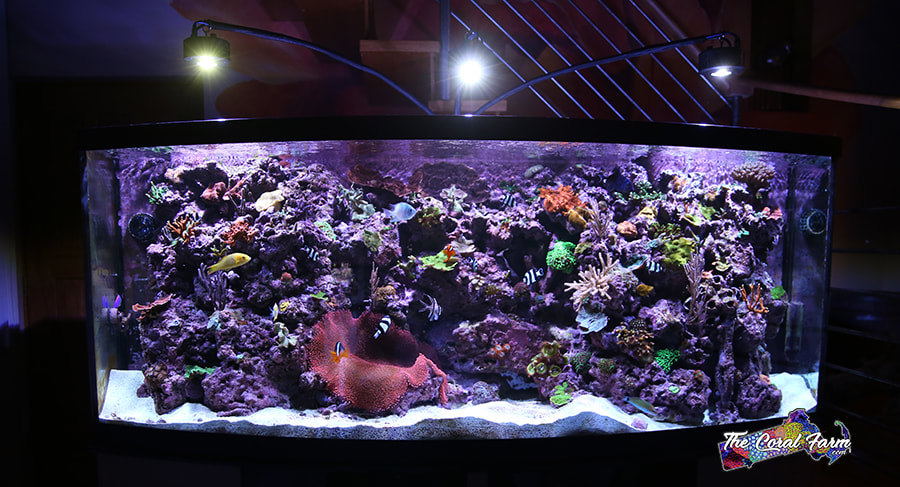
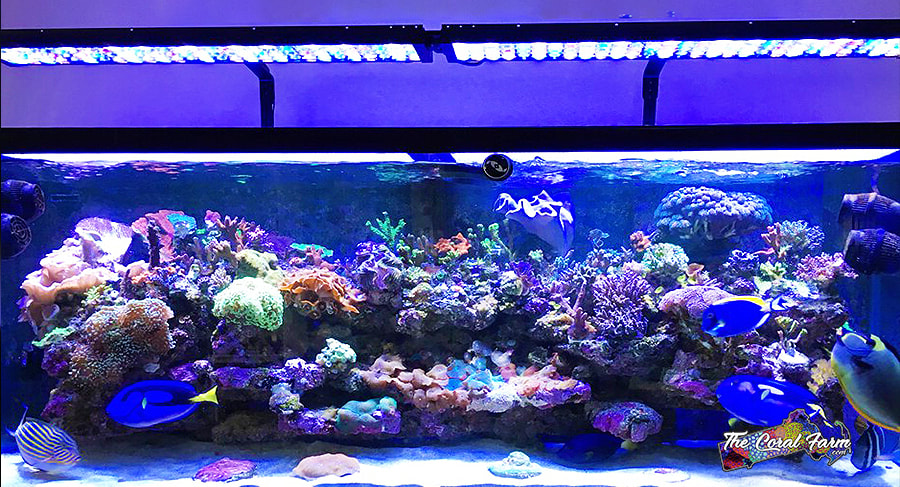

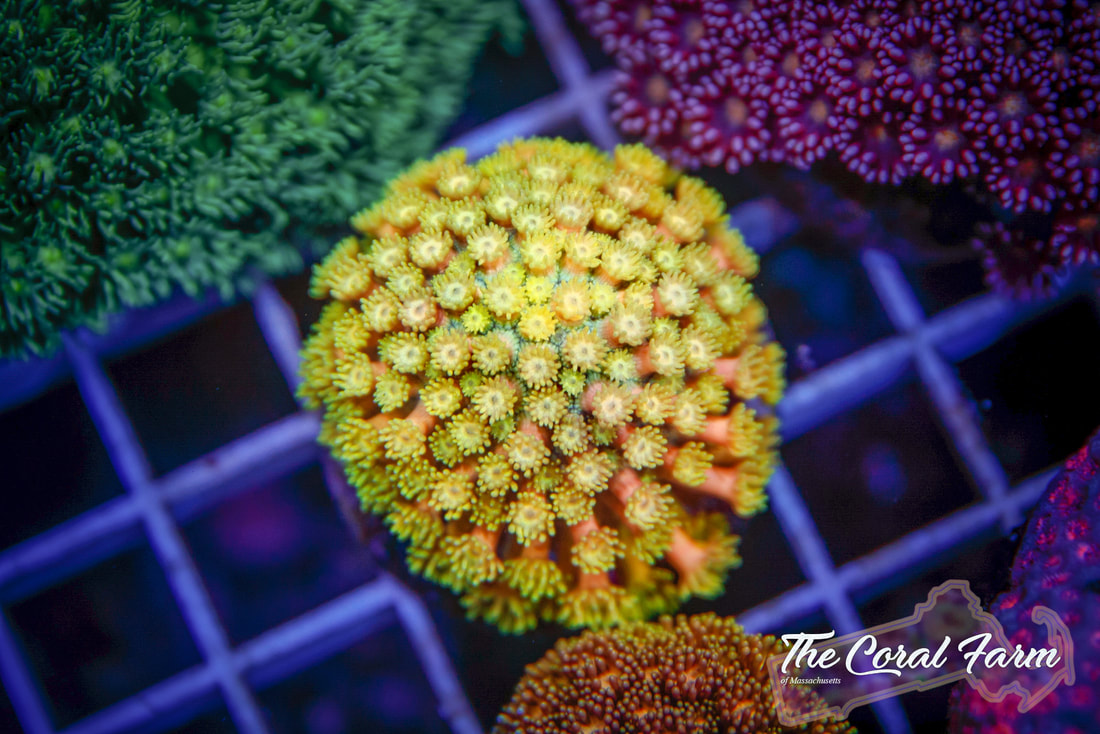
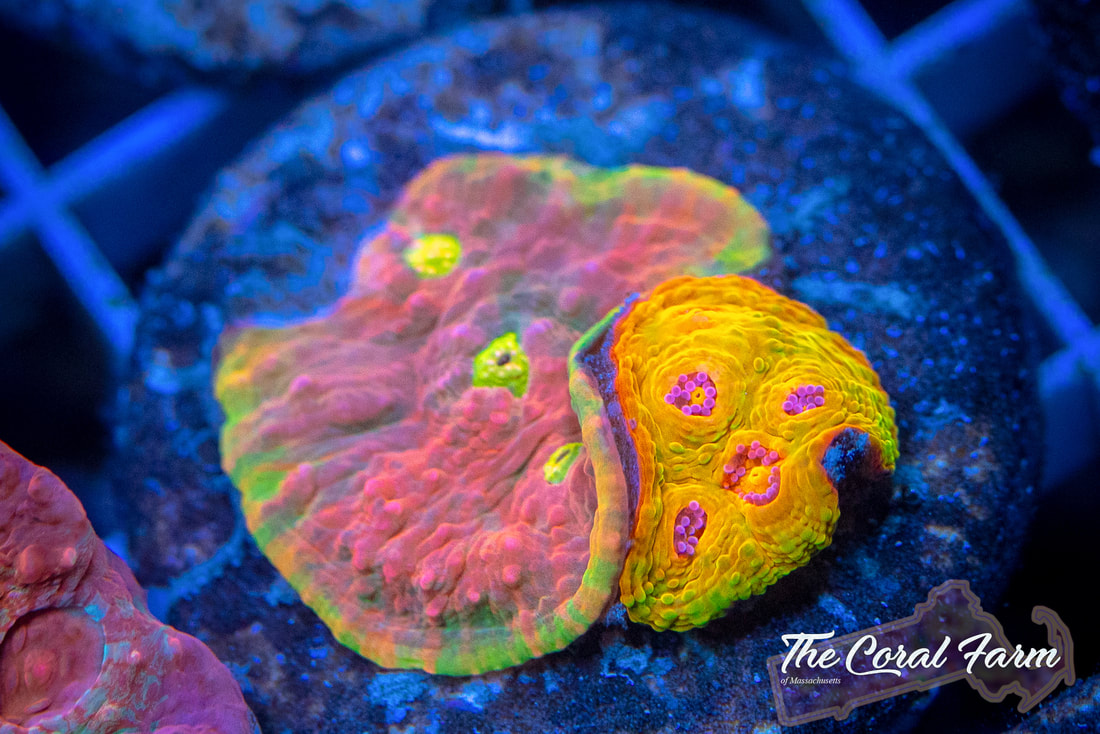
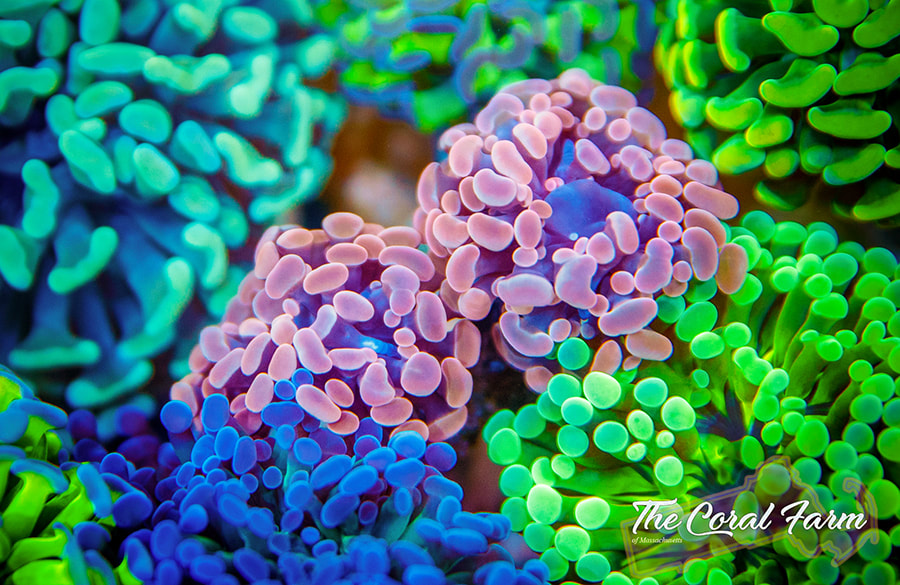
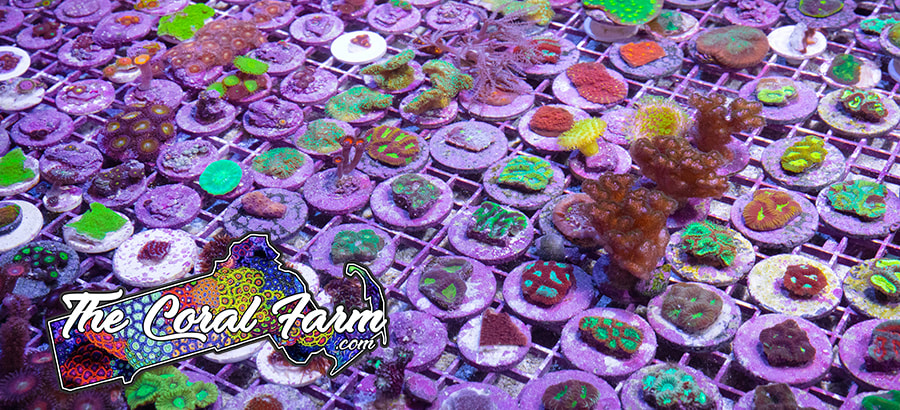
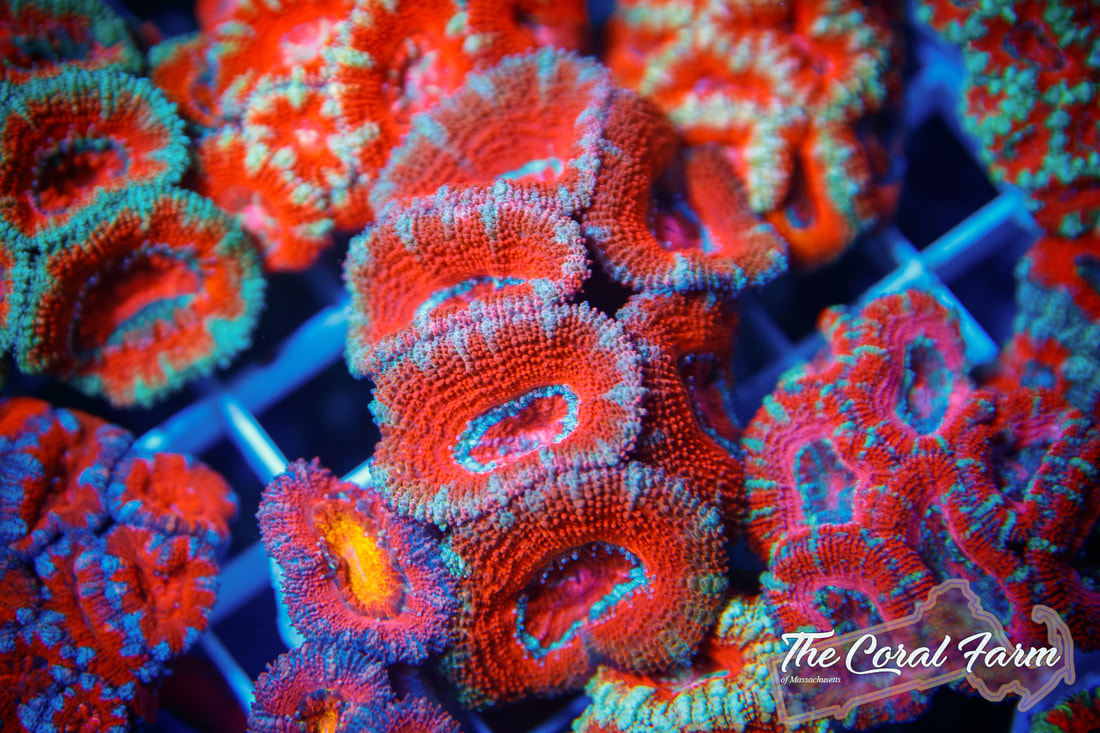
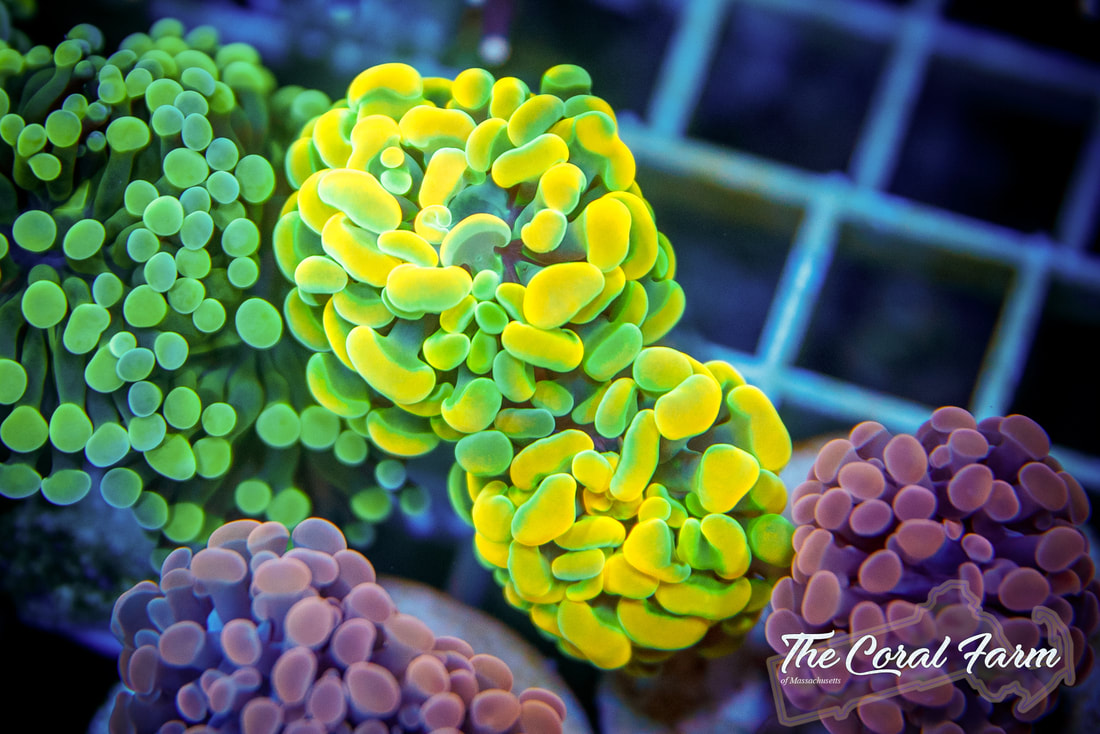
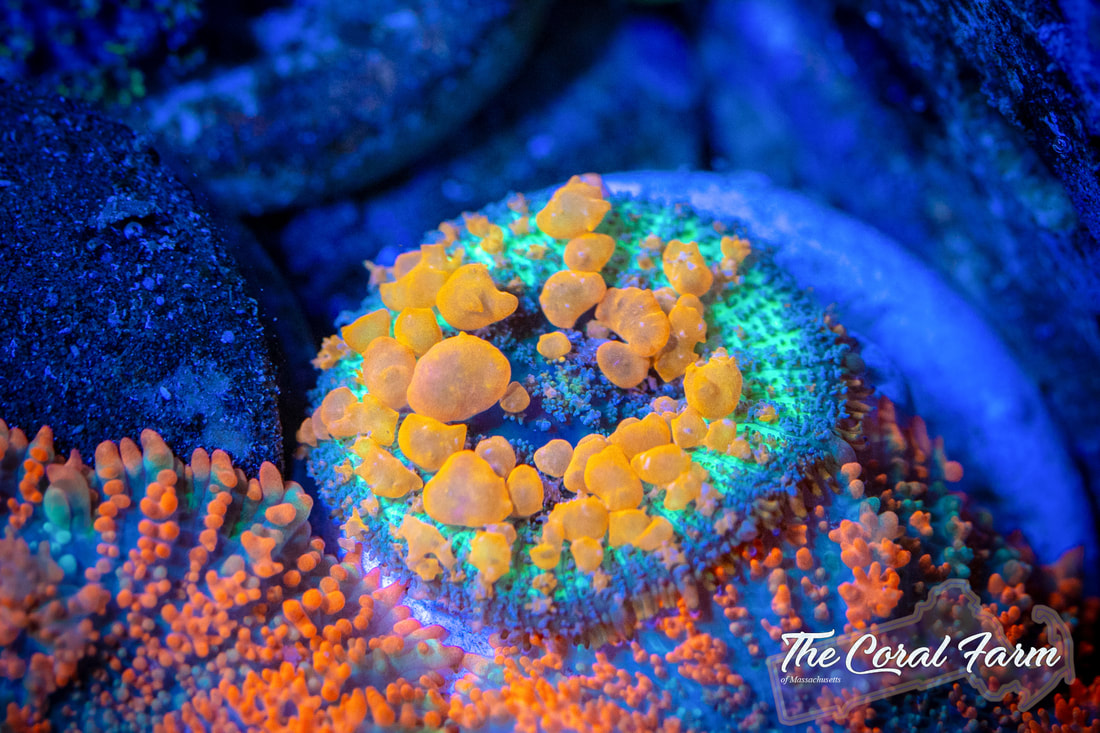

 RSS Feed
RSS Feed
